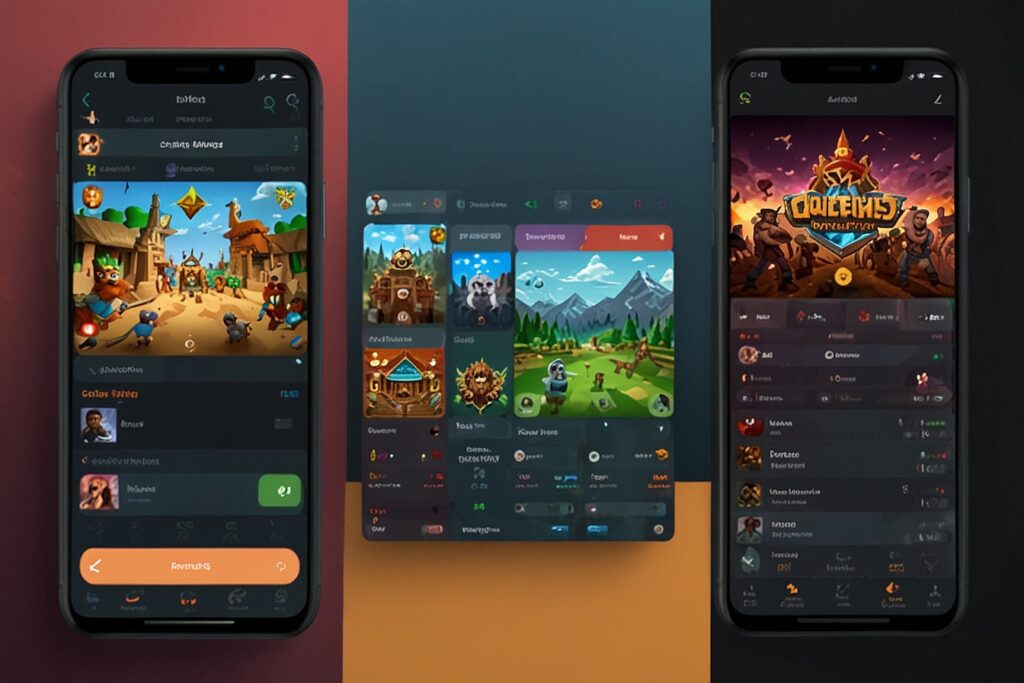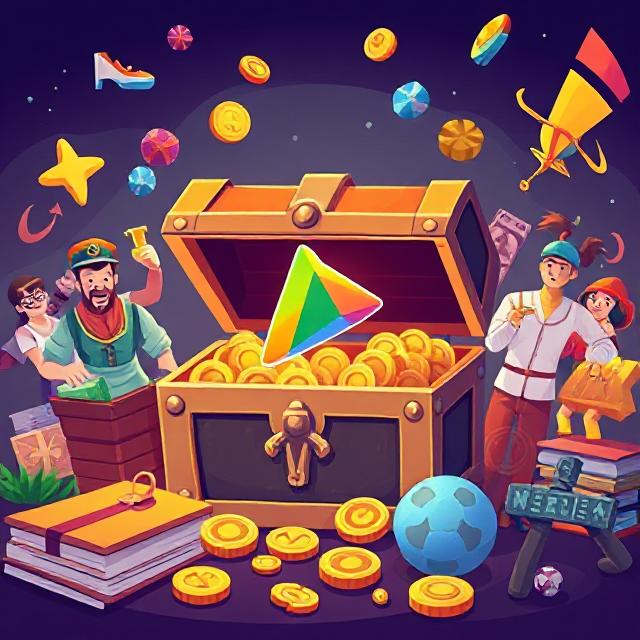
TL;DR
- Google has invested in Indian social gaming platform STAN via its AI Futures Fund.
- The $8.5 million round included Bandai Namco, Square Enix, Reazon Holdings, Aptos Labs, and others.
- STAN rewards gamers with redeemable “Gems” and hosts game-specific Clubs for creators.
- Boasts over 25M downloads and 5.5M monthly active users.
- Plans to expand internationally and reach profitability by 2027.
Strategic Investment by Google
Google has made a significant move into India’s gaming ecosystem by investing in STAN, a social gaming startup connecting gamers with creators, publishers, and communities. The tech giant participated through its recently launched $75 million AI Futures Fund, which is dedicated to supporting startups that integrate Google’s AI capabilities into their platforms.
This $8.5 million equity round also drew backing from Japanese gaming powerhouses Bandai Namco Entertainment, Square Enix, and Reazon Holdings, alongside global investors like Aptos Labs, King River Capital, and returning participants General Catalyst and GFR Fund.
How STAN Differentiates Itself
Headquartered in Singapore, STAN is vying to become a rival to Discord but with a hyper-localized and monetized approach tailored to Indian gamers. Unlike Discord, STAN lets users earn in-app “Gems” by playing popular titles like:
- Battlegrounds Mobile India
- Free Fire Max
- Minecraft
- Call of Duty
- Traditional games like Ludo and Snakes & Ladders
These Gems can be redeemed for vouchers from major e-commerce platforms including Amazon India, Flipkart, and PhonePe.
Key Investors in STAN
| Investor Name | Type | Country |
| Google AI Futures Fund | Strategic | USA |
| Bandai Namco Entertainment | Gaming Publisher | Japan |
| Square Enix | Gaming Publisher | Japan |
| Reazon Holdings | Investment | Japan |
| Aptos Labs | Blockchain Infra | USA |
| General Catalyst | VC Firm | USA |
| GFR Fund | Gaming VC | USA |
Creator-Focused Platform Dynamics
STAN enables content creators to host game-specific “Clubs,” which function like chat rooms where fans engage in community-driven gaming events. To access exclusive experiences, users must pay with the social currency they earn, while STAN earns a commission on these microtransactions.
In contrast to Discord, STAN incentivizes user engagement with redeemable benefits, adding a tangible economic layer to community participation.
Platform Traction and Expansion Plans
According to CEO Parth Chadha, the app has:
- 25+ million downloads across the Google Play Store and Apple App Store
- 5.5 million monthly active users
- Over 100 game developers and publishers onboarded in the last two quarters
Currently geo-restricted to India, STAN sees 5–6% of engagement from abroad, often from users using Indian accounts. The startup plans to expand to the Indian subcontinent, followed by Southeast Asia and Latin America over the next year.
Monetization and Business Model
STAN’s growth has been driven by its gamified monetization features:
- Daily rewards
- Referral bonuses
- Spin-to-win mechanics
- Creator engagement incentives
The startup was briefly profitable but has since redirected revenue into scaling. Its next milestone: return to profitability by 2027.
Role of AI in Scaling the Platform
Chadha emphasized that AI currently handles 70–80% of moderation, with plans to further reduce human involvement by deploying new AI tools. These include:
- Avatar and meme generation
- Auto-replies
- Chat filtering and sentiment tagging
STAN will work with Google’s AI teams to scale these initiatives, using plug-and-play models that support content moderation and creation at scale.
Google’s India Investment Strategy
STAN isn’t the only India-focused startup in Google’s AI Futures Fund portfolio. Others include:
- Toonsutra: AI-driven immersive comics
- Pixxel: Satellite imaging powered by AI
- Adda247: Edtech platform using AI for learning analytics
To date, Google has invested over $5.5 billion in India, solidifying its long-term interest in the region’s digital economy.
What’s Next for STAN?
Currently operating with a lean team of 40 employees, fewer than 30 of whom work in product engineering, STAN is preparing to scale its infrastructure and services using the new capital.
“There are a lot of interesting plug-and-play models, which we and the Google team are working together to leverage and scale the business,” said Chadha.With the additional backing from tech and gaming giants, STAN is on course to become a key player in India’s social gaming economy, while laying the groundwork for global expansion.






